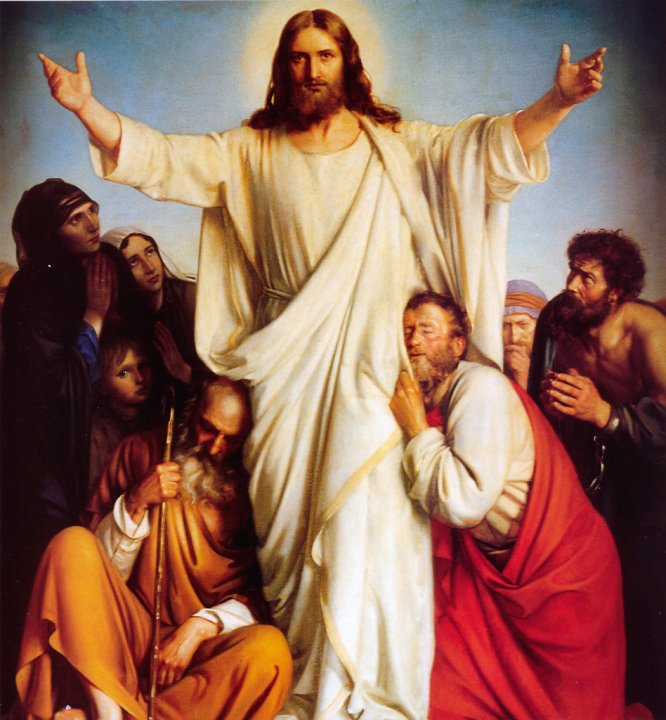18th Sunday in Ordinary Time-C
I Reading:
Ecclesiastes 1:2; 2:21-23: What does the man gain for
all his toil? The attitude of the affluent towards their possessions is called
“vanity.”
II Reading:
Colossians 3: 1-5.9-11: You must look for the things
that are in heaven, where Christ is. A warning against materialism, greed and
intolerance.
Gospel: Luke
12:13-21: This hoard of yours, whose will it be?
The parable of the rich fool, highlights the futility of greed.
The Parable of the
Rich Fool:
The Man of Wealth
and What He Should Fear, Lk 12:13-21
Our life must be full of
joy and full of meaning and not emptiness in life. “Vanity of vanities.”
All things are vanity. This would mean, “everything is emptiness.” The word
“vanity” is 25 times in the book. But the preacher also discovers the
meaningful life: “Revere God and keep his commandments.” Your life will have
meaning if you do, and no one ever regretted having done so when his life on
earth ended. We must not replace God with our riches, possessions,
power, greed, etc. Jesus warns the greedy for possessions that
hinder them from entering the kingdom of God. The will of God regarding money and
possession is to help and support the poor, and the needy and to continue good
works in society. Let us work hard to inherit eternal life on earth and in heaven.
Let us examine the parable:
a) the farmer was a self-centered
person: he said 6 times “I”, “Mine”, “My”. He did not even say once about God
or his gift.
b) The farmer forgot about
God and had self-satisfaction only.
c) The sudden shock: Jesus’
uttering a loud “Fool….”
The purpose of our life is to
become rich in God’s sight as saint Paul would say in the second reading: a new
life at baptism, a life that cannot be destroyed (Col 3:1). We should have Life
in the Spirit. “We were clothed in Christ” (Gal 3:27). It is not I who live but
Christ lives in me (Gal 2:20).
The man of wealth is often
self–sufficient, but there are some things he needs to fear.
1. A request for Jesus to
give a judicial decision (v.13-14)
a. Brother’s desire for an
inheritance and wealth
b. Jesus’ stern refusal
2. Fear this: Life does not
consist of things (v.15-19)
a. The serious charge: watch
out! Beware
b. The big sin: Greed or
covetousness
c. The big “I” (6 times,
16-19): aggressively self-centered life
d. The big mistake:
self-indulgence and extravagant living
3. Fear this: your life may
be required and demanded tonight (v.20)
4. Fear this: wealth is not a
permanent possession-someone else gets it (v.20-21)
Thought:
Our greatest treasure on earth is Life
in the Spirit and living with Christ. Money and possessions are God’s gifts to
help the poor and needy; we should make use of them in order to become
spiritually rich. Our possessions should not become an obstacle on our way to
God, as Jesus said to the rich young man, it is easier for a camel to enter
into the eye of a needle than a rich man.
Greed-Covetousness (pleonexia): a craving, a
desire for more. It is greediness, a dissatisfaction with what is enough. It
includes both material things and fleshly indulgence. It is desiring what
belongs to others; snatching at something that belongs to others; a love of
having, a cry of giving me, give (2Pet 2:14; Mt 6:19-21, 24; 16:26; Eph 5:3-5)
